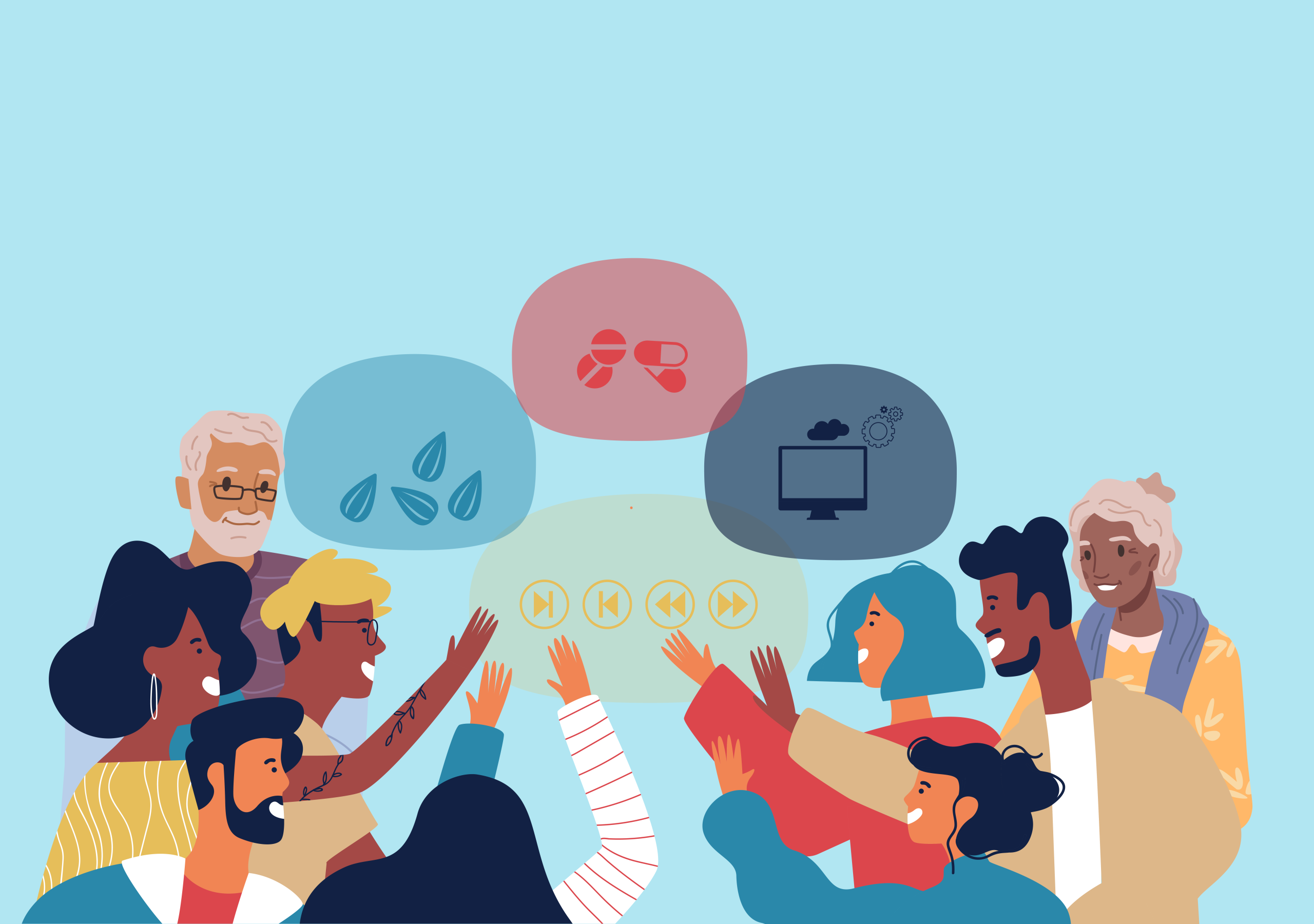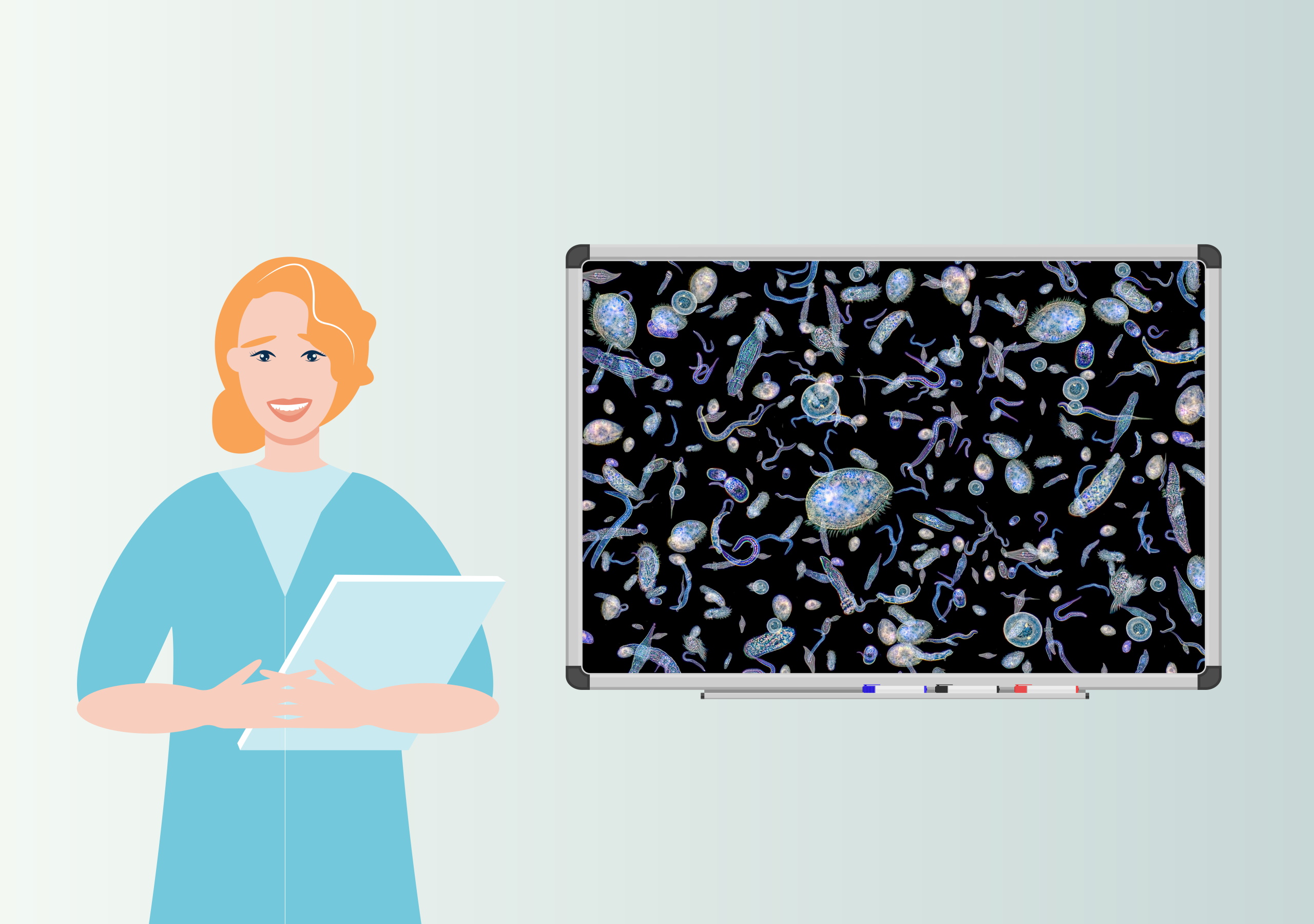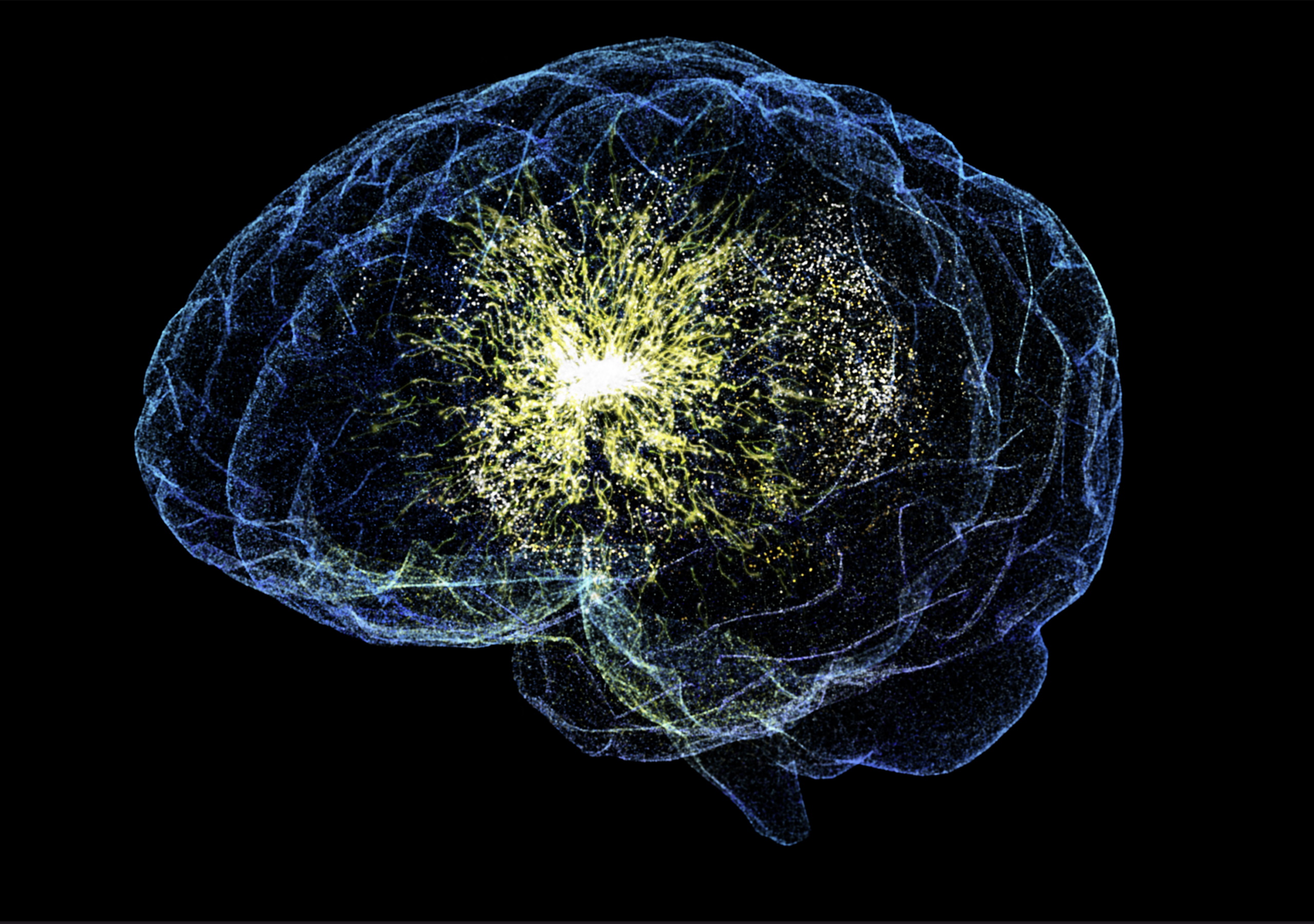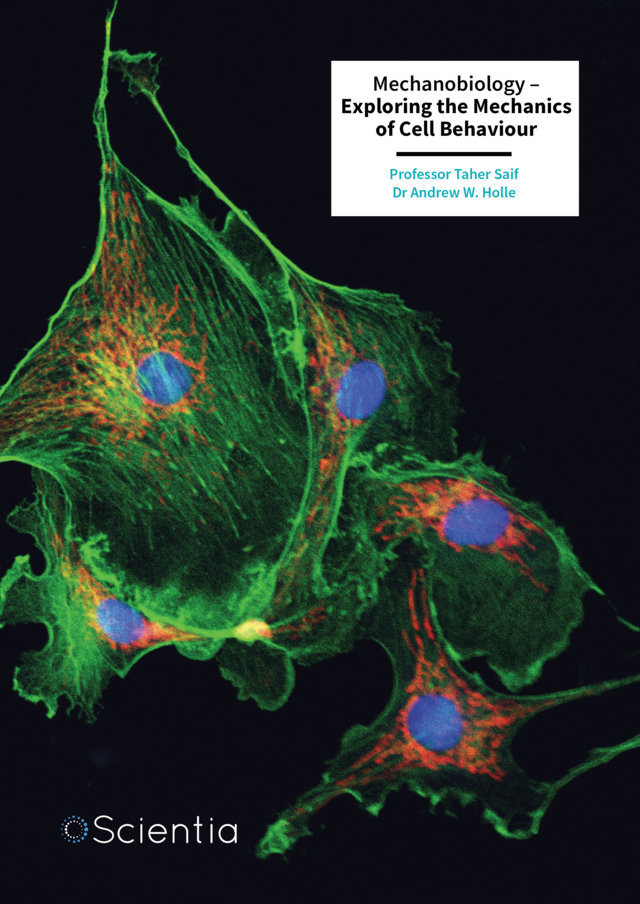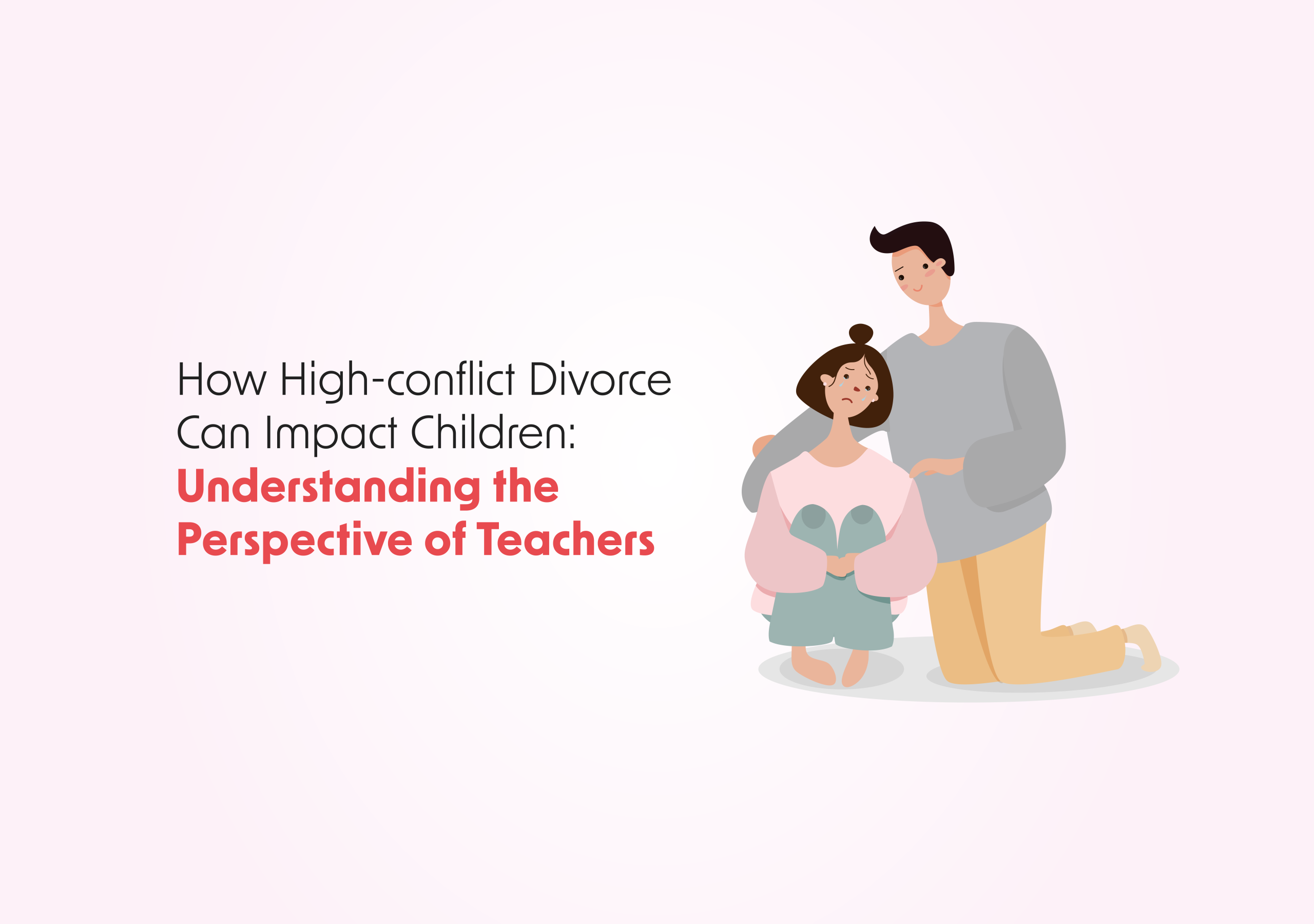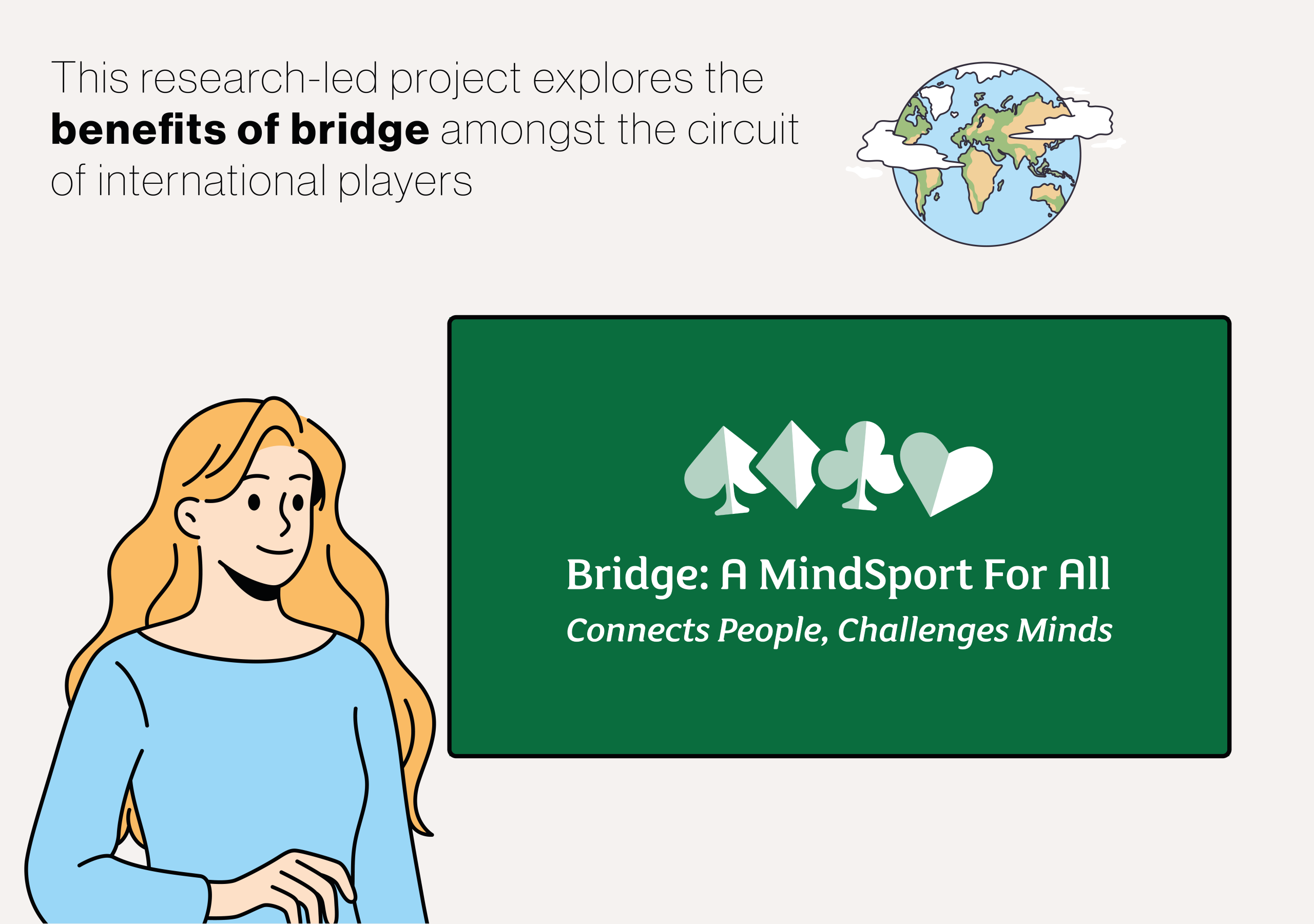The United Nations’ 17 Sustainable Development Goals outline the massive challenges humanity must face to survive on Planet Earth in the 21st Century. All knowledge and experiences accumulated by human societies across time and space could be essential to address these grand challenges. Thus, we should find a way to make this knowledge readily available wherever and whenever decision-makers, heritage stakeholders, and scholars might need it. Professor Andrea Nanetti, an award-winning and internationally recognised expert in Digital Humanities, recently published an open-access paper exploring the opportunities and challenges of using artificial intelligence and machine learning algorithms to leverage human heritage and empower societies to see beyond what is thinkable. More
In 1834, the distinguished scientist Michael Faraday introduced the notion of ‘heritage science’. He defined heritage science as the scientific study of conservation methods, or in other words, strategies that humans employ to preserve culturally and historically relevant objects, passing them down from generation to generation.
Since then, Faraday’s idea of heritage science has evolved from a discipline focusing only on conservation sciences into a fully-fledged multidisciplinary field of research. Studies in this field aim to develop new methods to help societies manage their heritage by bridging theories and practices rooted in different academic disciplines, and determining what should be sustainably passed from one generation to the next.
Today, heritage science considers the knowledge and values acquired in all relevant disciplines, from arts and humanities – such as philosophy, ethics, art and art history, economics, media studies, sociology and anthropology – to the sciences, including chemistry, physics, mathematics, biology, computer science and engineering.
Professor Nanetti argues that neglecting our complex human heritage would leave us greatly impoverished, making future generations ill-equipped to face evolving environmental and social challenges. This is because the complex accumulation of human experiences over time and across the world makes societies more resilient, enabling humans to adapt to change without compromising their cultural values.
Professor Nanetti’s work aims to facilitate the interdisciplinary formalisation and integration of traditional academic practices from various research fields. These different practices study the inheritability of artefacts, as well as oral traditions, scientific knowledge, social rituals, and cultural values. Such experiences, knowledge and societal heirlooms embody human understandings of the world and the human condition.
The rapid technological advancements over the past few decades have led to a growing reliance on computers and digital tools for storing, disseminating and passing down knowledge to newer generations. As a result of this wave of technological progress, traditional ways of transmitting values and knowledge could eventually disappear. Unfortunately, treasured cultural practices and human experiences that cannot be adequately preserved using technology could also disappear alongside these traditional ways of passing down knowledge.
According to Professor Nanetti, we need a new heritage science to cope with humanity’s present and future challenges. He proposed to use digital knowledge aggregation by decoding heritage from various sources, and guiding human action and decision-making with available knowledge. This technology empowers knowledge transmission beyond traditional and digital books and allows users to easily access and compile information from multiple sources.
Professor Nanetti also stresses the importance of including ethical considerations in developing and using machine learning algorithms designed to identify patterns in data. Several studies have consistently demonstrated the biases and errors associated with these tools, highlighting the need to critically consider their limitations in tackling real-world problems.
According to Professor Nanetti, work in the field of heritage science should focus on three key steps. Firstly, it should develop practical approaches to understanding the human condition, considering knowledge and values embedded in local cultural heritages, the needs and expectations of individuals and societies in the present, and the future aspirations of humanity.
Secondly, Professor Nanetti suggests that heritage science could nurture global citizenship, strengthening the idea that while all humans are different, we are also connected by our shared humanity and joint responsibility to make the world a better place to live. Thirdly, heritage science must effectively educate future generations of scientists and decision-makers who face the challenges of the 21st Century.
In the final part of his paper, Professor Nanetti identifies a series of methods that could be used as part of future efforts in heritage science. The methodologies he outlines include the DANCING method – a procedure he created to enable a deeper understanding of words that express the complexity of the human condition, such as beauty, knowledge, science, art, technology, truth, justice, love, and so on. This method requires scholars to look at a word’s definition and associated assumptions, notions, abstract beliefs, interpretations, narratives, and the overall scope or context in which this word is used to put humans and machines on the same page.
Professor Nanetti has been teaching and using the DANCING method with his students at Nanyang Technological University in Singapore. Ultimately, his proposed method can help heritage scientists quickly understand complex words and their meanings across various disciplines. Thus, this methodology can be transferred to computer algorithms, enabling a deeper analysis of stored data and precious knowledge.
Professor Nanetti’s recent paper provides an enriching new perspective on heritage science, which could guide future efforts in the field. While recognising the potential of artificial intelligence and machine learning for conserving and analysing human knowledge, his work also highlights the need to preserve and consider the ideas of great thinkers from the past, cultural practices, traditions and human traits while trying to hand our human heritage down to future generations.


